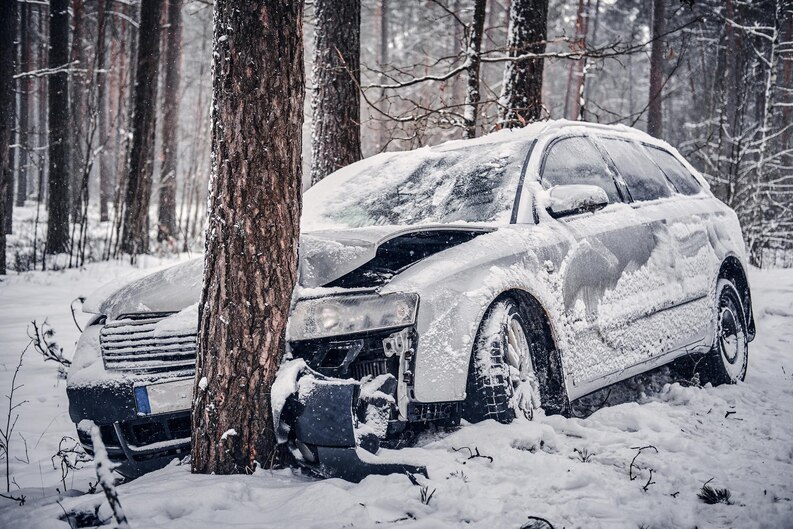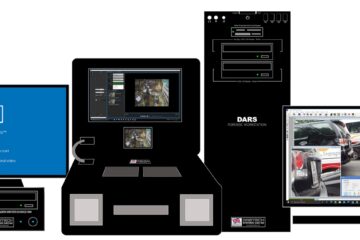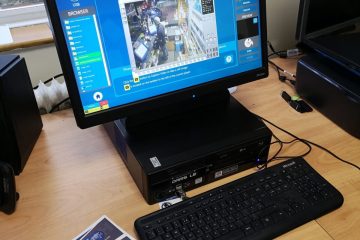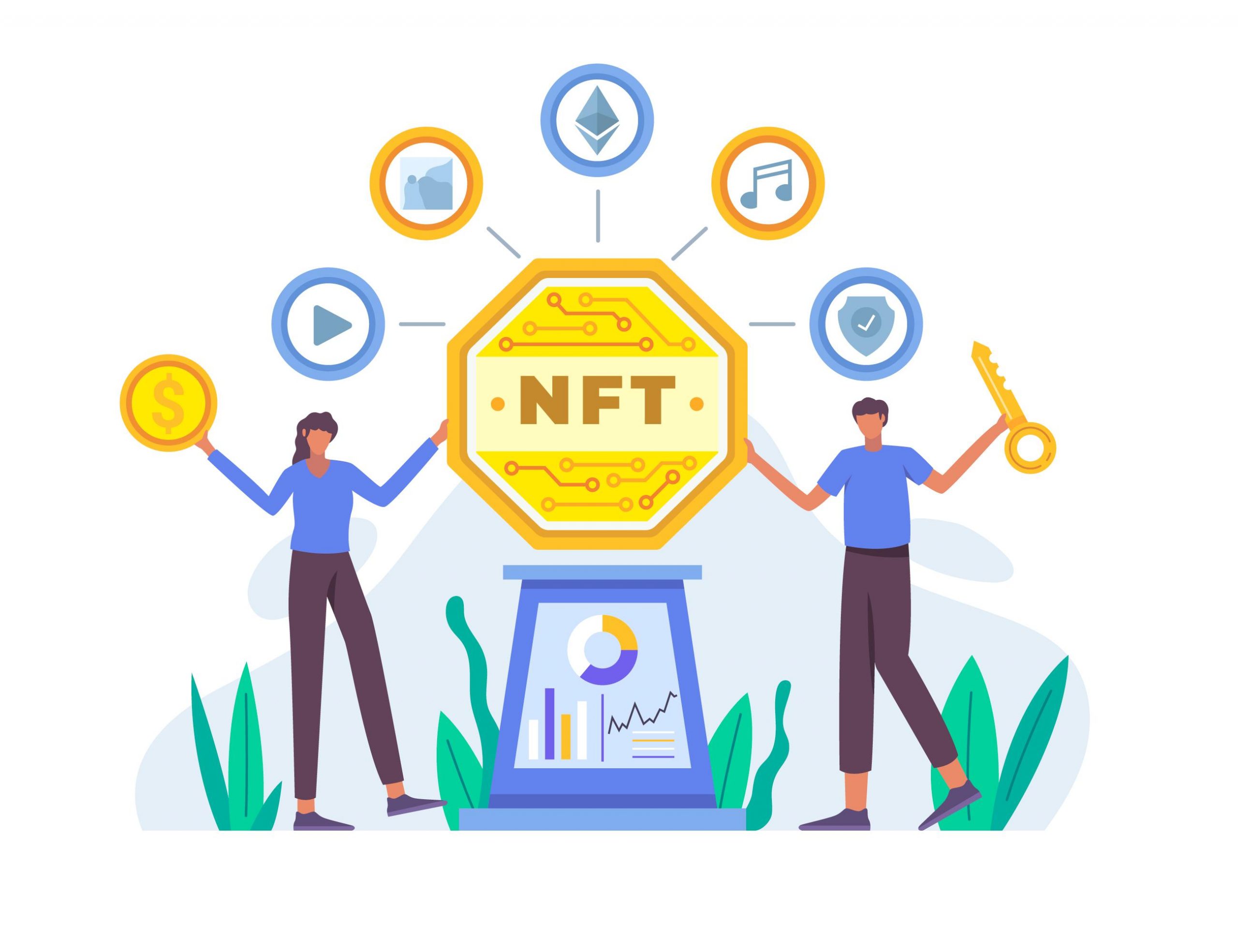Turning Trash into Treasure: The Economics of Scrap Car Prices at VRS Auto Salvage

Introduction
At VRS Auto Salvage, the economics behind scrap car prices are carefully evaluated to ensure a fair and competitive offer for each vehicle. While a scrap car may seem like trash, it contains hidden value that can be transformed into treasure. In this article, we will delve into the economics that drive scrap car prices at VRS Auto Salvage, shedding light on how they turn trash into treasure.
Supply and Demand Dynamics
The fundamental principle of supply and demand plays a significant role in determining scrap car prices. The availability of scrap cars in the market influences their value. If there is a high supply of certain makes and models, the prices may be relatively lower. Conversely, if there is limited availability, particularly for highly sought-after parts or models, the prices may be higher due to increased demand. VRS Auto Salvage closely monitors these supply and demand dynamics to offer competitive prices.
Salvageable Parts and Components
The potential salvageable parts and components within a scrap car contribute to its value. VRS Auto Salvage carefully evaluates the condition and usability of various parts, such as engines, transmissions, alternators, body panels, and interior components. Parts that are in high demand or have a significant market value can substantially impact the overall price of the scrap car. By identifying and assessing these salvageable treasures, VRS Auto Salvage ensures that the economic value is recognized and reflected in their offers.
Scrap Metal Market
Scrap car prices are also influenced by the prevailing market prices for scrap metals. Vehicles contain various metals, such as steel, aluminum, and copper, which have value in the recycling industry. The demand for these metals, as well as fluctuations in global commodity markets, can affect the prices offered for scrap cars. VRS Auto Salvage stays informed about the current scrap metal market conditions to provide fair and competitive prices to their customers.
Recycling and Environmental Considerations
The economics of scrap car prices are intertwined with recycling and environmental considerations. Recycling scrap cars reduces the need for new production, conserves natural resources, and minimizes environmental impact. VRS Auto Salvage prioritizes responsible recycling practices, ensuring that materials are properly processed and disposed of in compliance with environmental regulations. The economic value of a scrap car is influenced by the viability of recycling its components and materials, which further supports the sustainability efforts of VRS Auto Salvage.
Vehicle Condition and Additional Factors
The condition of a scrap car plays a vital role in determining its price. Vehicles in relatively better condition with fewer damages or missing components have a higher salvage value. Additionally, factors such as the presence of valuable accessories, rarity of certain parts, and the overall market demand for specific makes or models can impact the price offered. VRS Auto Salvage takes these factors into account during their evaluation process to provide a comprehensive assessment of the vehicle’s economic value.
Conclusion
The economics of scrap car prices at VRS Auto Salvage involve a careful evaluation of supply and demand dynamics, salvageable parts, the scrap metal market, recycling considerations, vehicle condition, and additional factors. By understanding these economic principles, VRS Auto Salvage uncovers the hidden treasure within each scrap car, offering fair and competitive prices. Through their expertise and commitment to recycling, VRS Auto Salvage turns trash into treasure, contributing to a sustainable and environmentally conscious future. If you have a scrap car, contact VRS Auto Salvage to explore the economic value that lies within your vehicle.
















